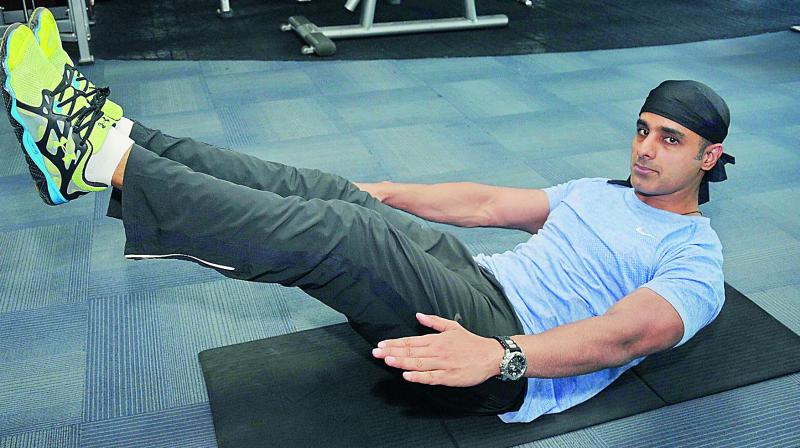Leg exercise vital for healthy brain, says study
Limiting physical activity decreased number of neural stem cells compared to control group of mice, which were allowed to roam.

London: Regularly moving your legs, especially when bearing weight, is essential for the production of healthy neural cells, essential for the brain and nervous system, a study has found.
The research published in the journal Frontiers in Neuroscience, shows that neurological health depends as much on signals sent by the body's large, leg muscles to the brain as it does on directives from the brain to the muscles.
The study alters brain and nervous system medicine - giving doctors new clues as to why patients with motor neuron disease, multiple sclerosis, spinal muscular atrophy and other neurological diseases often rapidly decline when their movement becomes limited.
"Our study supports the notion that people who are unable to do load-bearing exercises - such as patients who are bed-ridden, or even astronauts on extended travel - not only lose muscle mass, but their body chemistry is altered at the cellular level and even their nervous system is adversely impacted," said Raffaella Adami from the Universita degli Studi di Milano, Italy.
The study involved restricting mice from using their hind legs, but not their front legs, over a period of 28 days.
The mice continued to eat and groom normally and did not exhibit stress.
At the end of the trial, the researchers examined an area of the brain called the sub-ventricular zone, which in many mammals has the role of maintaining nerve cell health.
It is also the area where neural stem cells produce new neurons.
Limiting physical activity decreased the number of neural stem cells by 70 per cent compared to a control group of mice, which were allowed to roam.
Both neurons and oligodendrocytes - specialised cells that support and insulate nerve cells - did not fully mature when exercise was severely reduced.
The research shows that using the legs, particularly in weight-bearing exercise, sends signals to the brain that are vital for the production of healthy neural cells, essential for the brain and nervous system.
Cutting back on exercise makes it difficult for the body to produce new nerve cells - some of the very building blocks that allow us to handle stress and adapt to challenge in our lives.
"It is no accident that we are meant to be active: to walk, run, crouch to sit, and use our leg muscles to lift things," said Adami.
"Neurological health is not a one-way street with the brain telling the muscles 'lift,' 'walk,' and so on," said Adami.
The researchers found that restricting exercise lowers the amount of oxygen in the body, which creates an anaerobic environment and alters metabolism.
Reducing exercise also seems to impact two genes, one of which, CDK5Rap1, is very important for the health of mitochondria - the cellular powerhouse that releases energy the body can then use.

